Here’s your ONE drop:
Scientists used to think menopause was uniquely human. Out of 6,000 mammal species, only we were dumb enough to live decades past fertility.
Then they started following orcas around in boats, collecting their poop with nets (yes, that’s an actual job. And, yes, they have a dog to sniff it out).
Turns out killer whales go through menopause too. So do chimps (and with chimps, it’s pee they collect, which somehow feels like an even less glamorous job).
Meet Granny, a 105-year-old orca who lived post-menopause for 60 years. She led her pod. She remembered salmon runs from decades earlier. She fed her family before herself.
Her memory kept them alive. And pods with grandmothers like her have higher survival rates.
Then there’s Garbo, a 72-year-old chimp. She hasn’t had kids in 25 years. She spends her days getting groomed by her sons and eating the monkey meat they bring her (retirement goals).
She isn’t leading or teaching. She just stopped competing. That one choice lowers conflict, keeps her sons’ babies alive, and still moves her genes forward.
Granny led. Garbo stepped aside. Different strategies. Same survival.
For decades, science called menopause weird, a puzzle it couldn’t solve. Culture called it decline.
Menopause isn't a fade into irrelevance. It's proof evolution values women beyond reproduction.
//Ann
